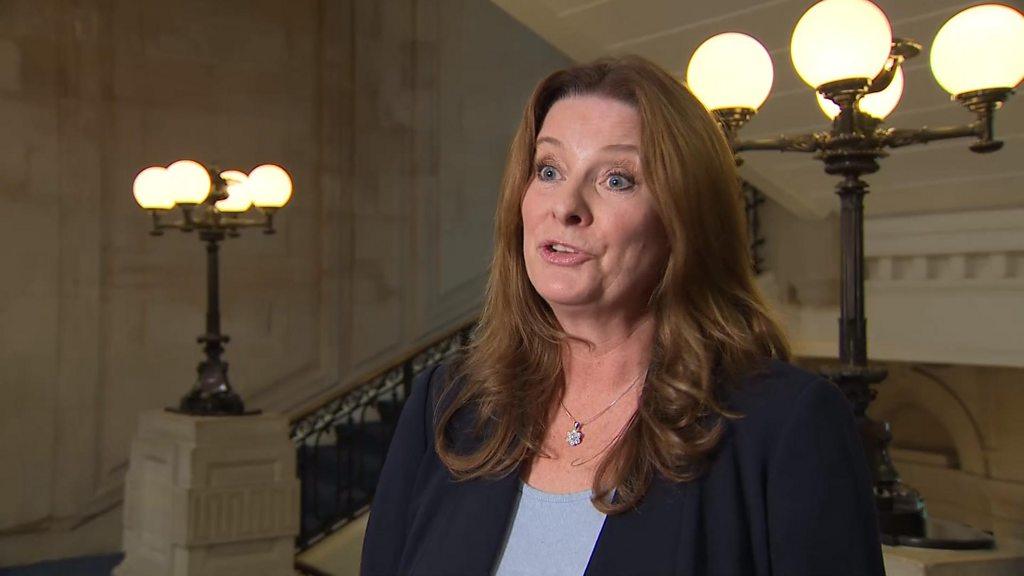Schools concrete probe to take 'a lot of time'
- Published

Damini Sharma said the necessary repairs were a "priority"
Investigations into crumbling concrete in schools are likely to take "a lot of time", a construction industry expert has warned.
More than 150 schools in England have been identified as having reinforced autoclaved aerated concrete (RAAC), a substance posing a risk of collapse.
Many have had to close buildings or classrooms to make them safe.
Damini Sharma, CEO of Coventry's OM Group, consultants to the construction sector, said the issue was complex.
RAAC is a lightweight concrete that was used in roofs, floors and walls between the 1950s and 1990s, but as it is aerated, it is not as strong and only lasts for a limited amount of time.
The government has been aware of the issue for decades and began monitoring buildings' condition in 2018, issuing new guidance in 2021 and 2022 about how to manage RAAC.
But over the summer, an RAAC beam previously considered low risk reportedly collapsed at a site, leading to schools identified as having RAAC being labelled potentially dangerous.
Speaking to BBC Radio 5 Live, Ms Sharma said making the necessary repairs was a "priority".
The undertaking, she said, would likely cost "millions", with cases set to vary from those buildings which could be reinforced and others in need of tearing down.
She said "the right people" were involved and the government was helping schools and authorities find structural engineers and helping contractors tasked with putting safety measures in place.
Watch: How RAAC concrete can crumble under pressure
"Because a lot of these [RAAC] panels are used in roof structures they are flat, so they have got coverings both below and above, so it is hard to actually get to the panels to understand what is in there," Ms Sharma explained.
"We have got a situation where there are tens of thousands of buildings and it is a case of how are we going to assess them and how are we going to prioritise them?
"It is going to take a lot of time and once that regime is in place and starts to move forward it will start to become apparent how severe the situation is."
The Department for Education (DfE) said 156 school buildings had been identified as having RAAC.
Of them, 52 were at risk of sudden collapse and action was taken immediately to make them safe. The other 104 are working to put safety measures in place to stay open.
Schools with RAAC only have to close or partially close if they do not have safety measures in place, and cannot make alternative arrangements.
The BBC estimates as many as 24 schools may have to close.

Follow BBC West Midlands on Facebook, external, Twitter, external and Instagram, external. Send your story ideas to: newsonline.westmidlands@bbc.co.uk, external
Related topics
- Published13 February 2024
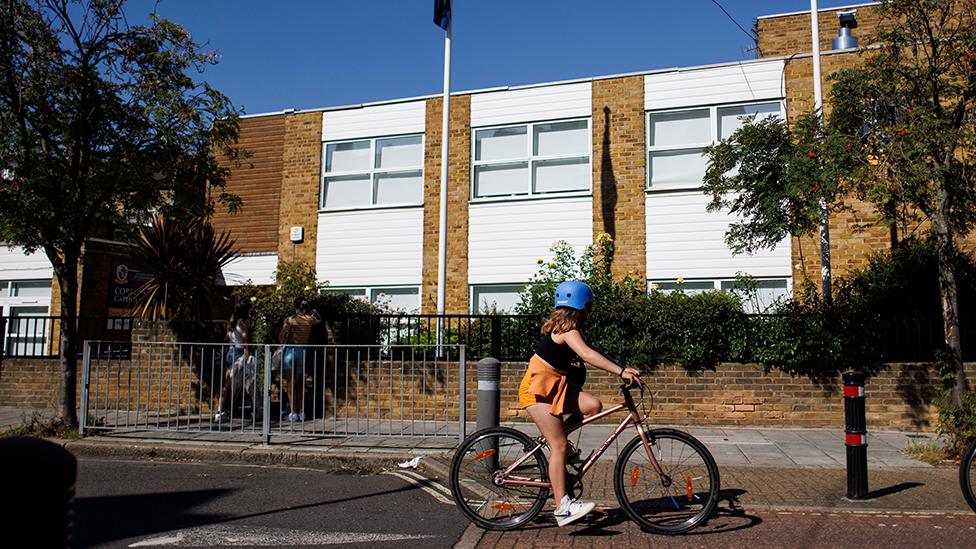
- Published2 September 2023
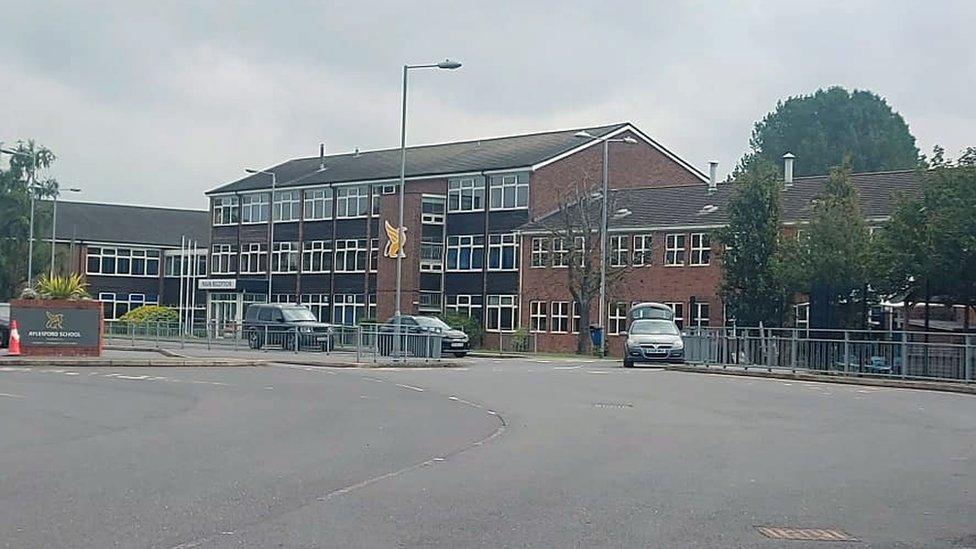
- Published2 September 2023
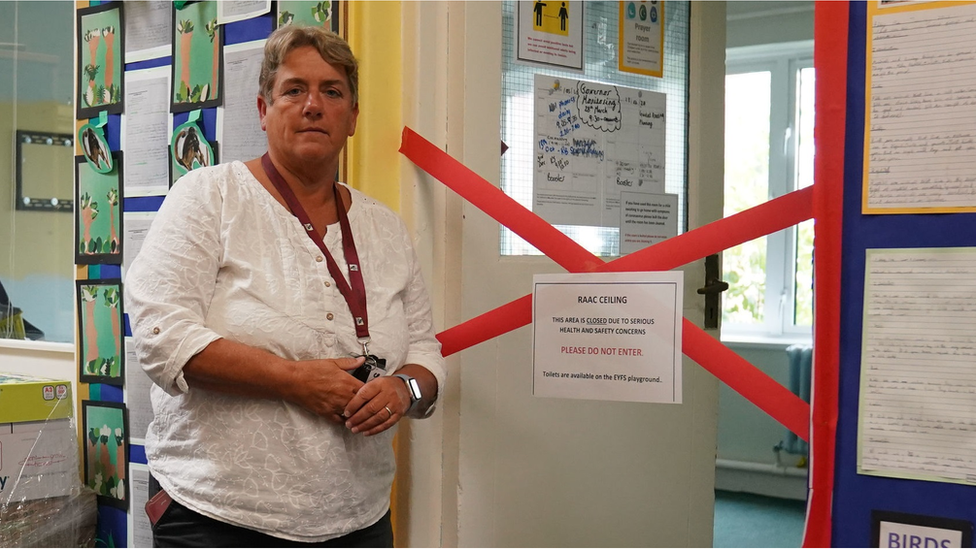
- Published19 September 2023
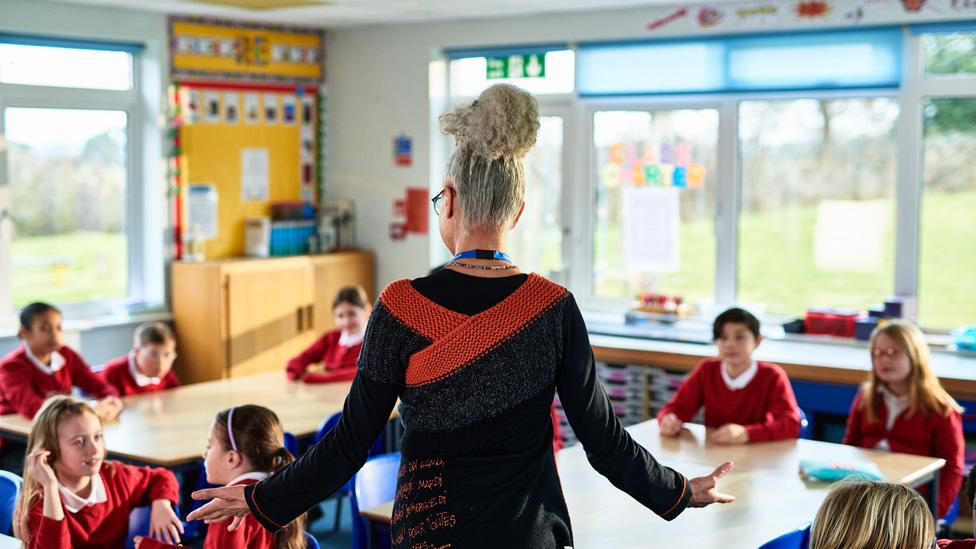
- Published1 September 2023
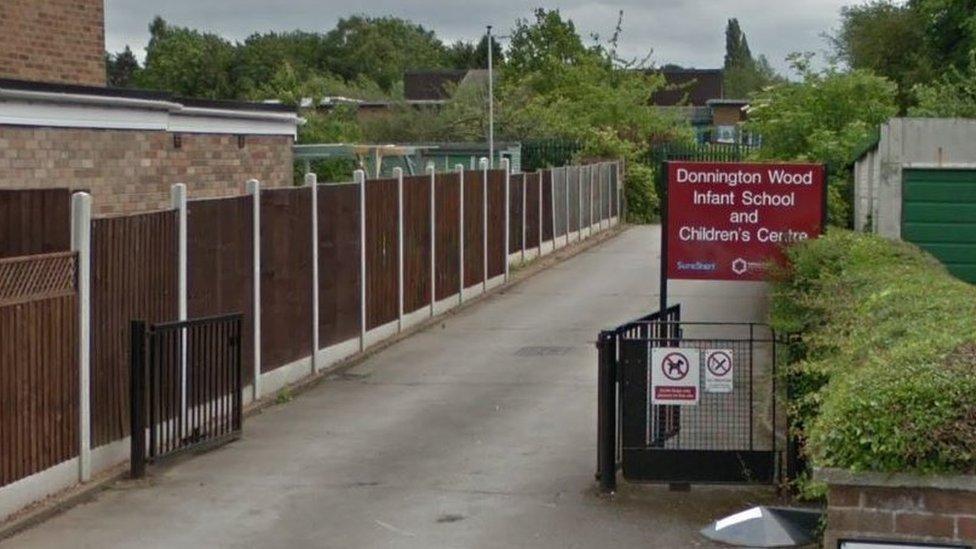
- Published1 September 2023
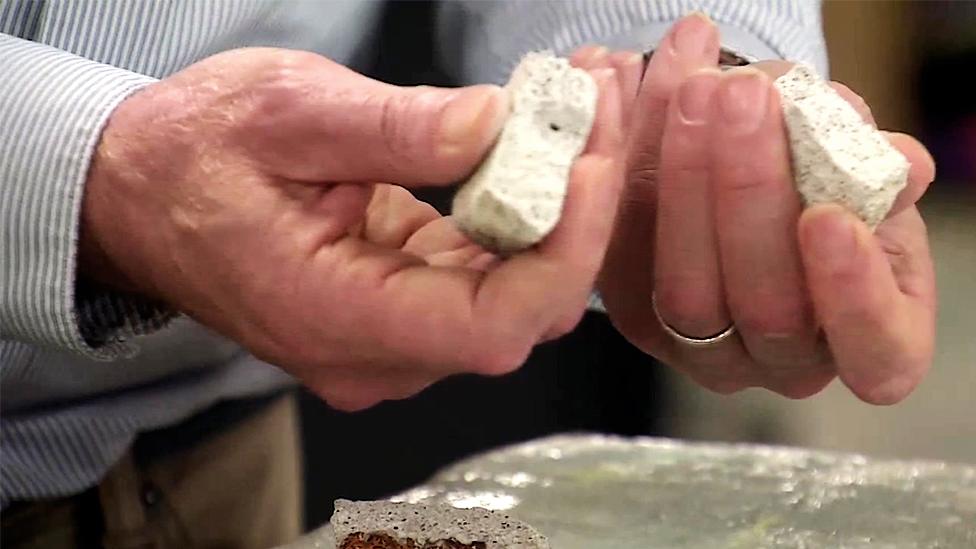
- Published31 August 2023
